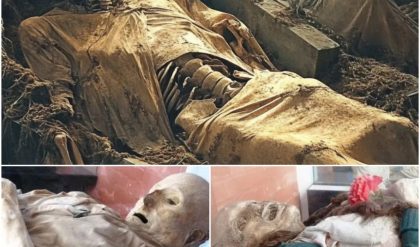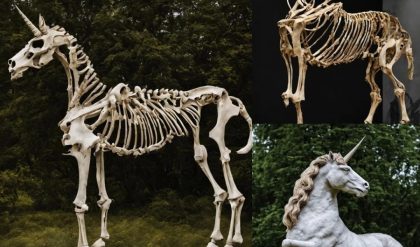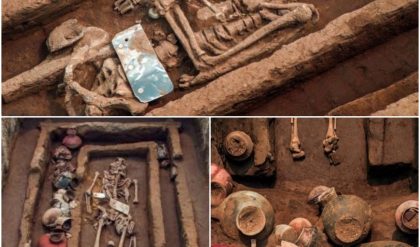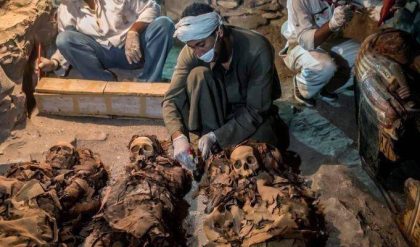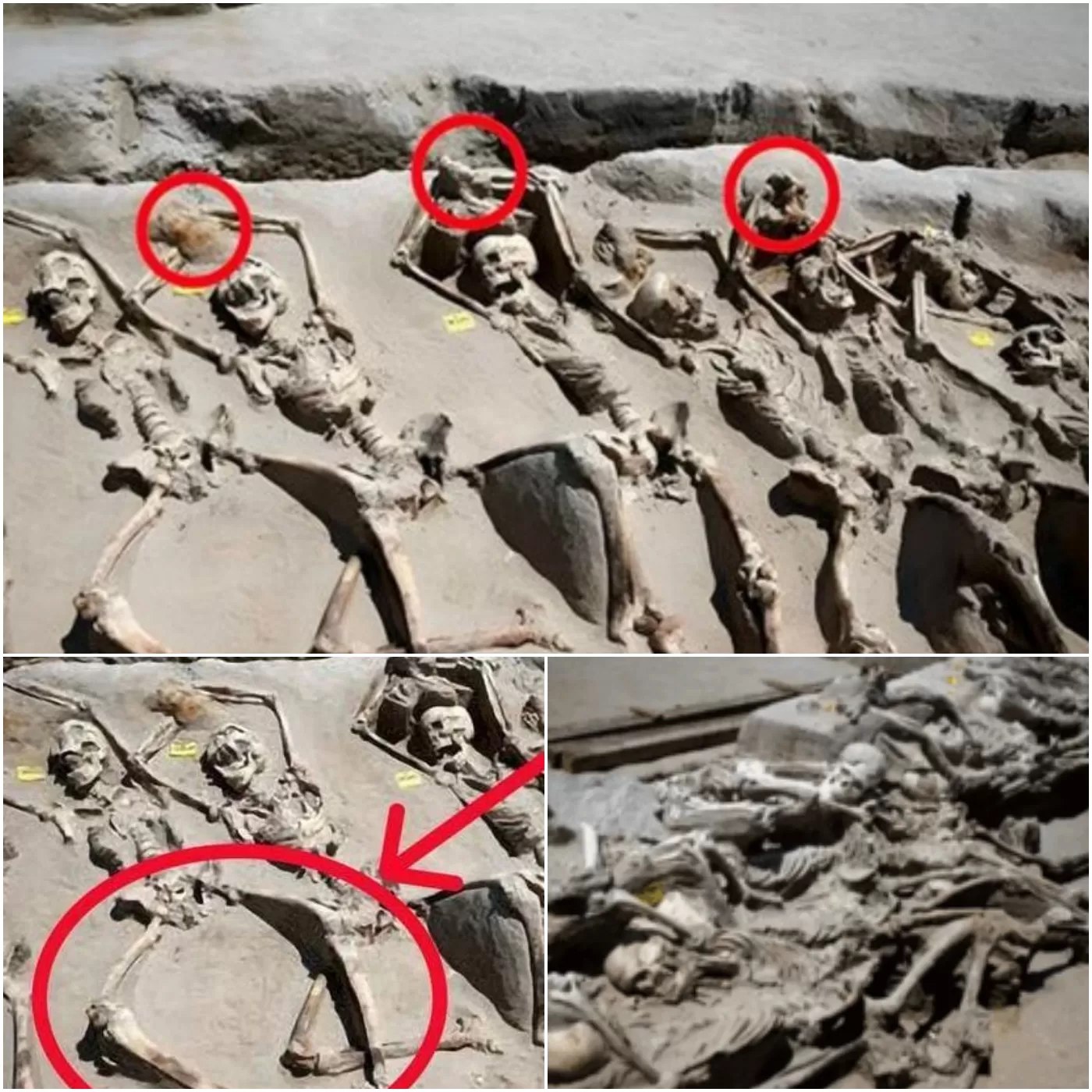
The skeletons, arranged in neat rows or stacked on top of each other, present a macabre scene: their wrists were shackled with iron chains, some with their arms twisted above their heads and their jaws agape, as if they had died in the midst of a scream of agony. According to Dr. Stella Chryssoulaki, director of the excavations, all were executed in a similar manner, suggesting a mass slaughter.
What puzzles experts, however, is the fact that, despite the brutality of their deaths, the bodies were buried with a certain degree of respect, rather than being dumped unceremoniously as might be expected of slaves or common criminals.
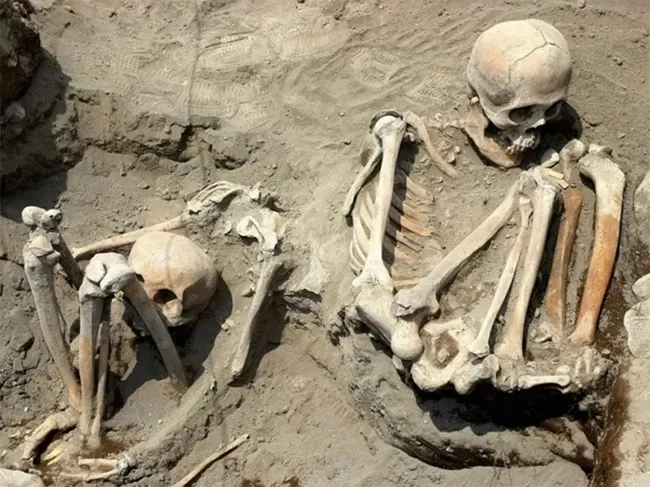
Initial analysis offers fascinating clues. The remains belong to young men, mostly in their 20s and 30s, who were in good health before their execution. The dating, based on two small ceramic vessels found among the skeletons, places the event between 650 and 625 BC, a period of great political turmoil in the region. This chronology has led historians to speculate that these men may have been followers of Cylon, an Athenian nobleman and Olympic champion who attempted a coup in 632 BC. Cylon, supported by his father-in-law, the tyrant of Megara, sought to seize the Acropolis, but his plan failed. While he escaped, his supporters were besieged, captured, and, according to tradition, executed after a broken promise of clemency from the ruler Megacles.
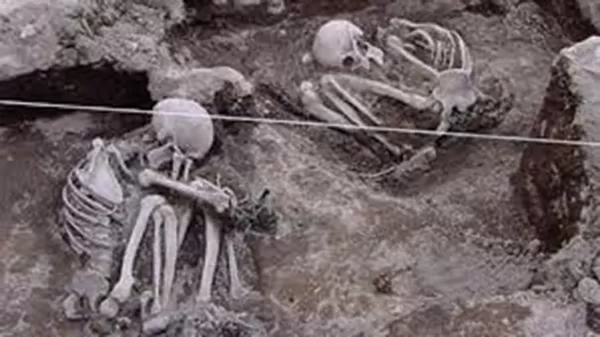
The theory that these skeletons are the remains of Cylon’s followers is supported by the historical context. Athens in the 7th century BC was marked by power struggles between aristocrats and a population restive over poor harvests and inequality. Cylon’s failed coup was a pivotal moment that reflected the instability of the period, just before the rise of Athenian democracy. The shackles and the arrangement of the bodies suggest exemplary punishment, possibly to send a message to other rebels. However, the orderly burial could indicate that, although they were enemies of the state, they were recognized for a certain valor, perhaps as brave soldiers.
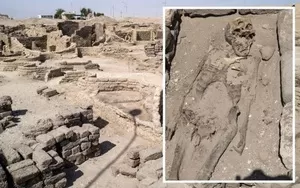
The Faliro cemetery, one of the largest excavated in Greece, with more than 1,500 skeletons, remains a treasure trove of information. Researchers continue to study the remains using modern techniques, such as DNA analysis and forensic anthropology, to confirm their identity and the exact circumstances of their deaths.
Meanwhile, this chilling discovery not only sheds light on a dark episode in ancient Greece, but also reminds us of the brutality and complexity of a society on the brink of historic change. The 80 chained skeletons, trapped in time, are silent witnesses to a power struggle that resonated far beyond their graves.
